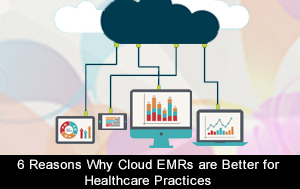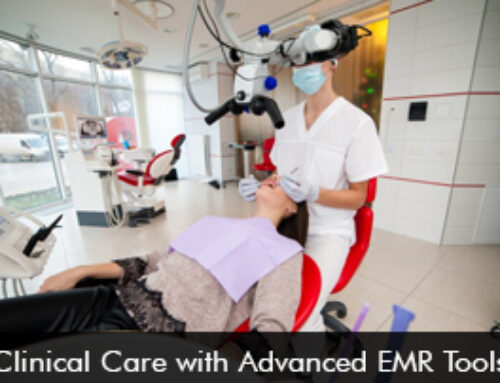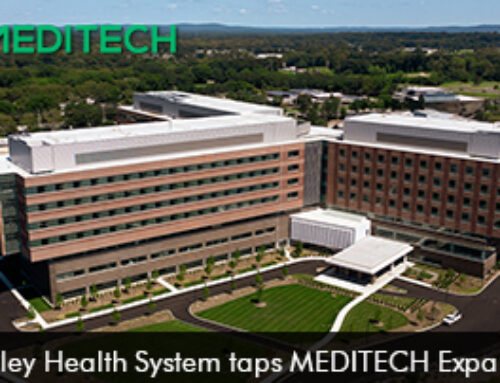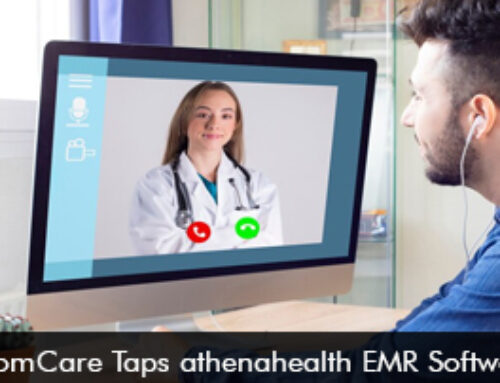The specialty-specific practices these days are trying to cope up with a fast-growing healthcare industry that requires severe data and security regulations to be implemented. As we all know that the two common types of Electronic Medical Records (EMR) software are; cloud-based and web-based. Cloud-based EMR software offers many great advantages. It ensures the security and confidentiality of healthcare data of patients as well as caters to the data sharing and interoperability demands of patients’ health records.
Minimal Monetary Investment
Cloud-based EMR software cuts your practice’s costs. You don’t have to worry about the setup and implementation costs with cloud EHR software. The physician practices can use cloud-computing can result in lowering maintenance, upfront, and training costs of an Electronic Health Records (EHR) software.
Maintenance Costs
If you are using a cloud-based EMR software then you will not have to worry about issues like internet going own or servers not responding or waiting for a technician to come and fix these issues. The cloud EMR system is always up-to-date and regularly installs updates for the physicians.
Data Security
With regards to EMR frameworks, keeping patient information protected and private is the main goal. With cloud-based servers, there’s no stress over system issues or failures, and patient data is liable to same protection guidelines and security regulations from customary health records. Likewise, information inside the cloud is encoded, avoiding unapproved access to the patient data.
Accessible Health Records
As it is obvious from the name, cloud EMR software provides accessibility of health records to the physicians and patients whenever they want and wherever they want. It doesn’t matter whether the location from which you are trying to access the data is off-site or on-site. The new cloud-based Mobile EMR software have removed the restriction of the device on which you’re trying to access the medical records.
Data Sharing & Interoperability
A cloud-based framework makes information sharing simple and easy across practices and progressively improves efficiency and interoperability. Specialty-specific doctors and staff can access and share reports whenever they want from anywhere. This improves the work-ethic and gives better results.
Specialty-Specific Practice Needs
Specialty practices like ophthalmology, dermatology, and cardiology see many patients in a short period of time. The flexibility of cloud-based EHR systems allows for new patients, users and locations to be added quickly and efficiently. Client-server and cloud-based frameworks may not appear exceptionally diverse. After all, both are run on secure centralized computers. But one is in-house whereas the other is off-site in a framework kept up by a third-party EMR vendor and is open through the web.







